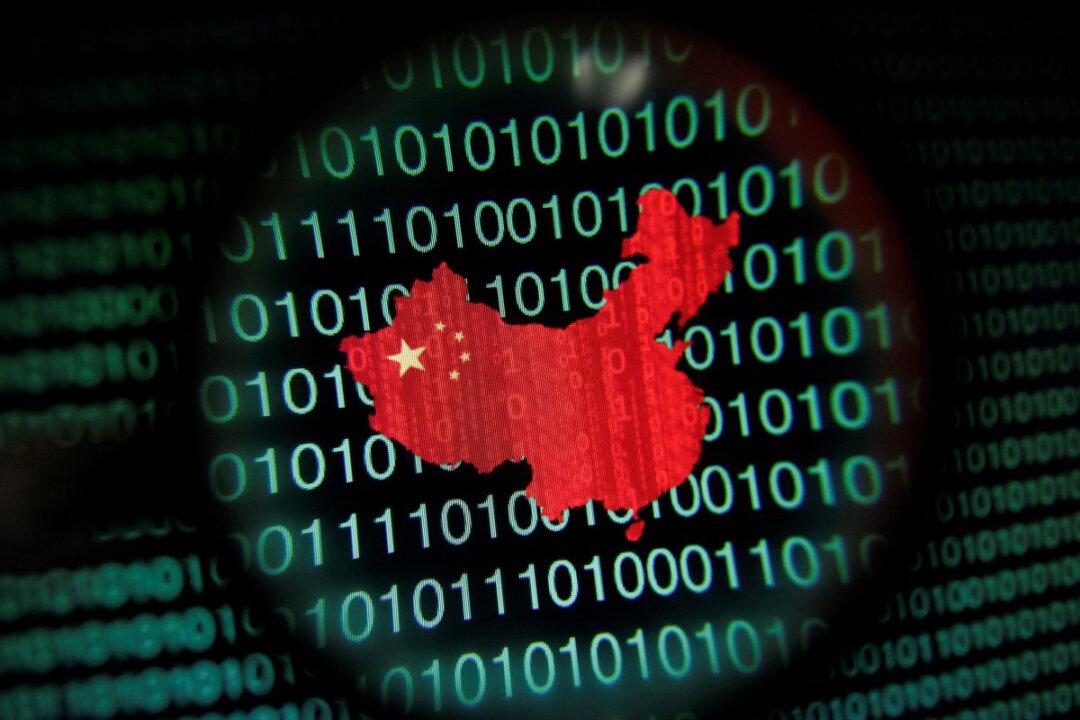The Australian Cyber Security Centre (ACSC) sounded the alarm on March 3, urging organisations to follow tech giant Microsoft’s instructions to patch vulnerable systems which came under threat by a state-sponsored Chinese cyber attacker.
This comes after Microsoft announced on March 2 that a cyber actor based in China, which they called “Hafnium,” hacked its email server software, Microsoft Exchange.





